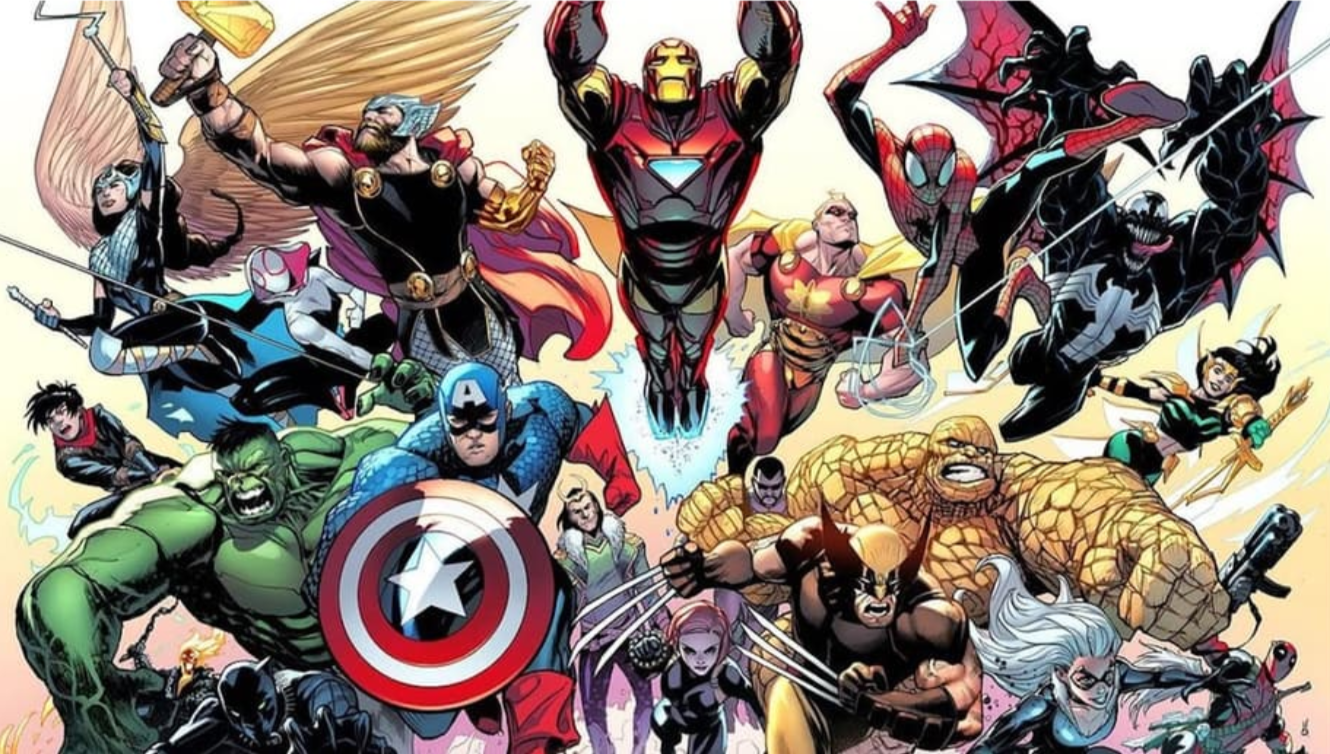Kids, famous and not, are popular on social networks. Between a (sometimes very) young audience who identify with pleasure and adults who are moved by such tenderness, it is sometimes difficult to consider the risks of such exposure. And forget that exposing your child online contravenes above all the principle of privacy, which is inalienable for all individuals from birth.
To protect minors even more effectively, the deputy Bruno Studer proposes a bill to regulate their visibility on the Internet and to punish abusive parents.
Posting Pictures of Your Kids Online: Isn’t That Cool?
Parents who post photos of your offspring know first and foremost that no one is judging you. In addition to the immense pride of displaying our (more or less) wonderful little treasures to the world, these publications also allow us to share life moments with loved ones who share our digital habits.
If we don’t have bad intentions, unfortunately others do it for us. Bruno Studer, the MP behind this bill, deplores the consequences of these innocent publications:
50% of the photographs that are exchanged on child pornography forums were initially posted by parents on their social networks.
Bruno Studer, BFM, 27 January 2023
Nothing ever goes missing on the Internet and old photos can even end up in the hands of stalkers who won’t hesitate to use them to humiliate their victim.
A law to regulate these publications
Beyond the risks, these publications pose an ethical problem: our children, like all individuals, have the right to respect for their private life. However, due to their age, they are unable to consent to these publications and even less to measure their consequences. To protect them, Bruno Studer already mentions two measures:
[l faut] introduce the notion of privacy in the definition of parental authority [Et envisager] a forced delegation of parental authority in situations where the interests of the parents conflict with the interests of the minor in exercising the latter’s image rights.
Bruno Studer, BFM, 27 January 2023
The deputy is also at the origin of the law on the protection of child influencers and on the supervision of their activity. Since the adoption of the text two years ago, the actions are slowly being implemented. In early December, ARCOM (formerly CSA) presented a charter listing best practices to the various social networks. This document commits its signatories to facilitate the reporting of contents in which the physical or moral integrity of minors is compromised. They are also required to clearly communicate to their users the risks of these digital exposures.
Aside from Tik-Tok and Twitter, major platforms have already signed up to the Charter. Everyone says they are ready to implement the measures dictated by the French public authority for the regulation of audiovisual and digital communication.
Photo credit image of one: Getty Images Signature
Do you like our media? Tell us about it in this survey!
Source: Madmoizelle
Mary Crossley is an author at “The Fashion Vibes”. She is a seasoned journalist who is dedicated to delivering the latest news to her readers. With a keen sense of what’s important, Mary covers a wide range of topics, from politics to lifestyle and everything in between.




.png)
